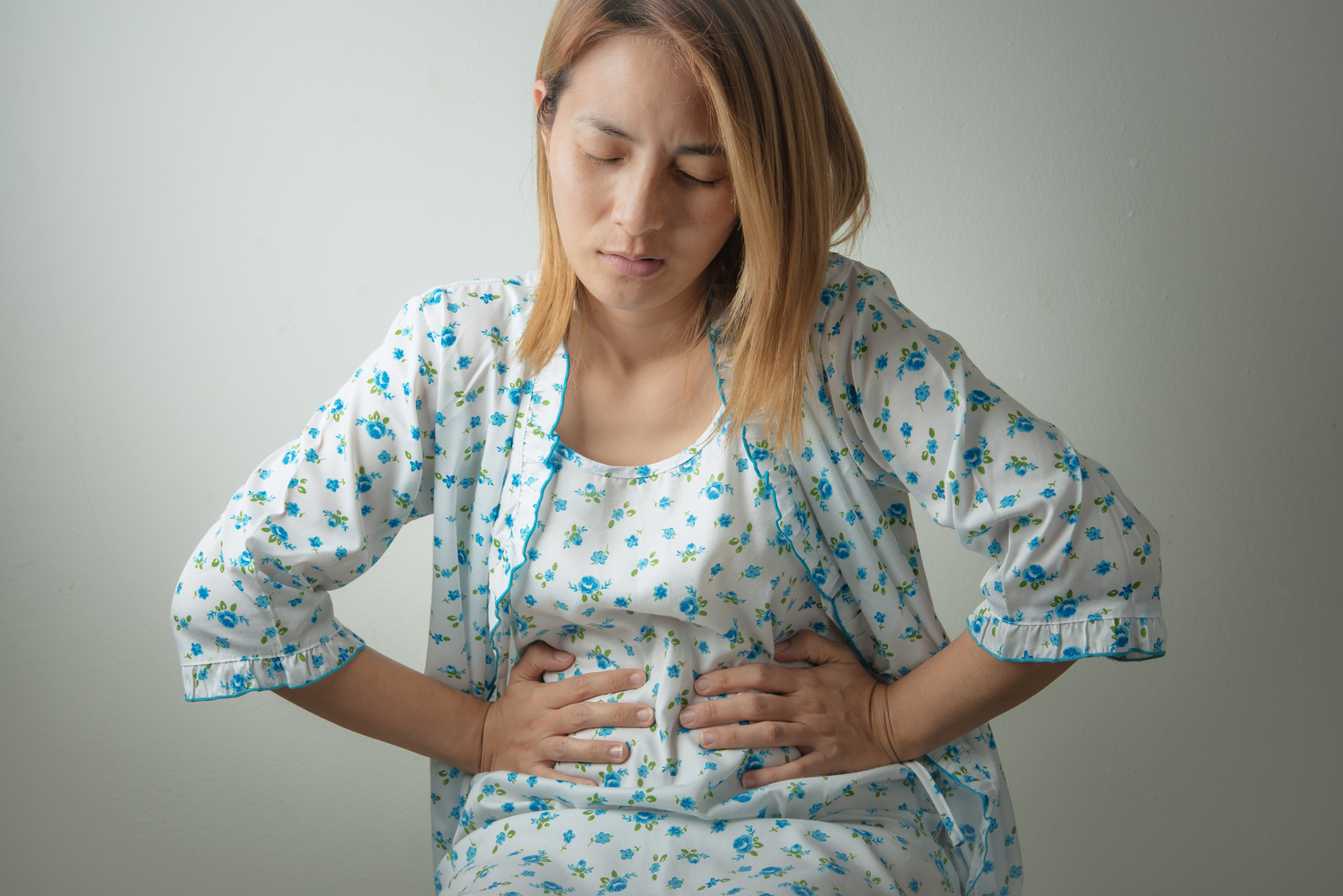Ovarian cancer – what you should eat and avoid
Women who consume a lot of vegetables, especially cruciferous vegetables, are less likely to develop ovarian cancer. This cancer is one of the major causes of deaths. Since the symptoms are barely noticeable in its initial stages, people often get the required treatment after the condition has reached its advanced stage. Currently, there are no screening methods that can detect cancer at an earlier stage.
Cruciferous, along with other vegetables, completely eliminates the odds of developing ovarian cancer.
Cruciferous vegetables are plants that grow in the cold conditions and get their flowers with 4 petals that are in the shape of a crucifix or a cross.

Moreover, cruciferous veggies possess high amounts of phytochemicals. When these phytochemicals are broken down, they transform into isothiocyanates. There are many studies that prove that isothiocyanates help stop the development of many types of cancers by inhibiting the growth of tumors. These vegetables have been proven to reduce inflammation that can assist in the prevention of cancer or diseases related to the heart as well.
Those who love eating fresh fruits and vegetables have a possibility to lead a better life. However, when consumed in excess, like any other food, these too can be fatal. Always consult a doctor about your diet and the quantity of food one should maintain.
Sadly, people who eat more of cured, processed, and red meats are more likely to develop ovarian cancer. This has been found in many on-going experiments as well. Studies proved that individuals who eat more cruciferous and yellow veggies experience a lot of benefits than those who do not.
Additionally, women who consume milk of any kind may have a shorter survival period as compared to those who did not have milk. This has not been studied in depth but experts claim it has a relation with them being genetically predisposed.
Food plays a significant role when it comes to the progression of the disease and even overall health. Other factors that determine one’s health condition include age and the stage of cancer the virus has reached. Although there has been no legitimate evidence about how following a specific diet could help fight this condition, it is best to maintain a healthy and balanced diet. Taking care of oneself can help improve one’s overall health significantly.